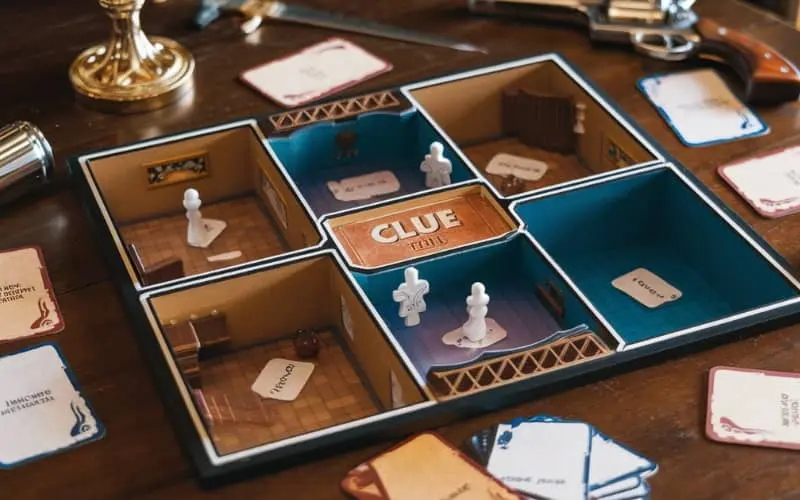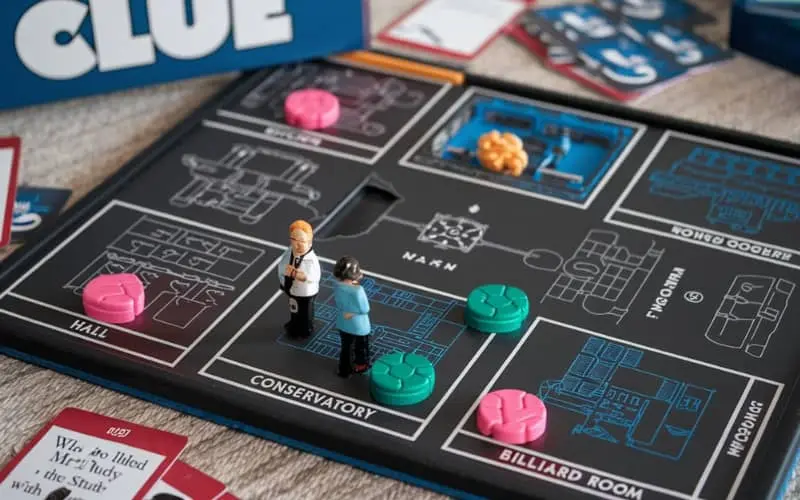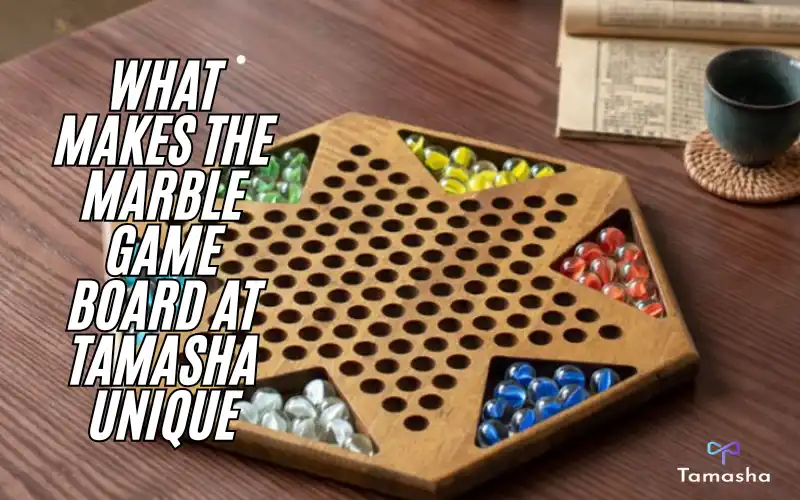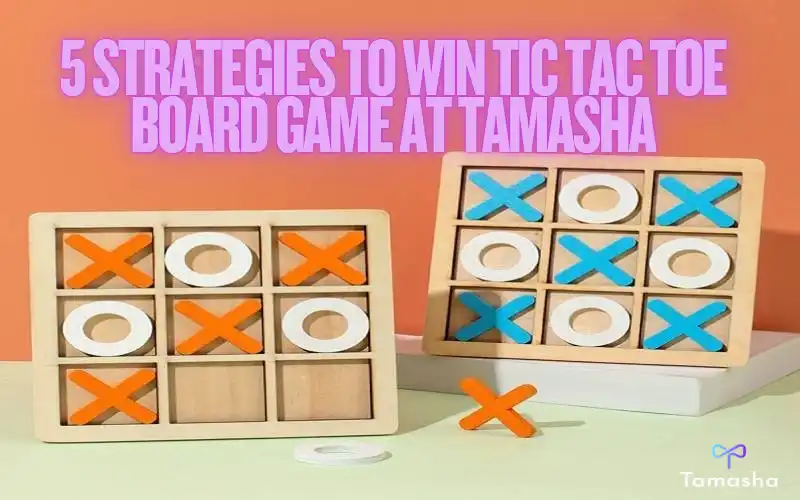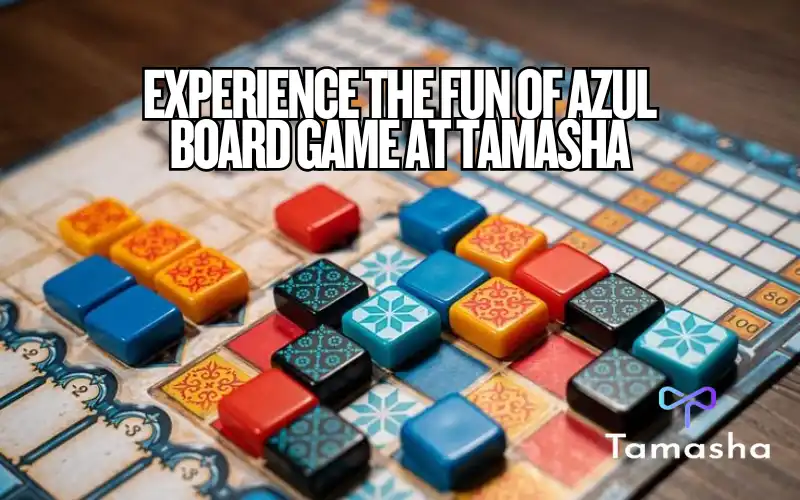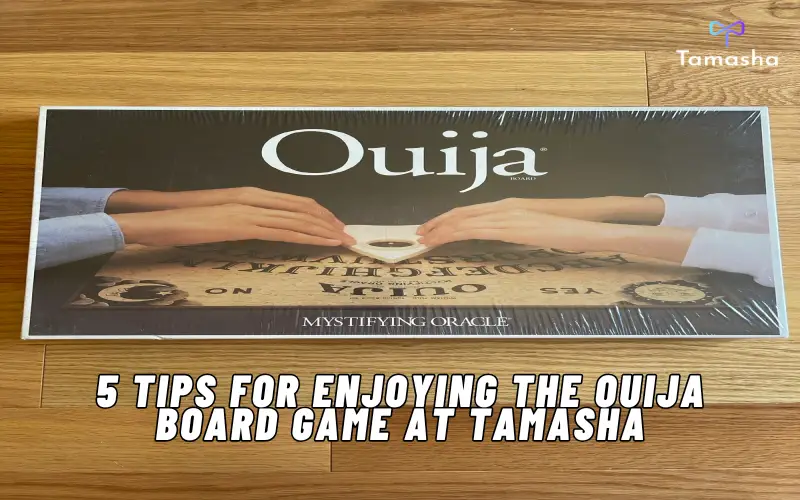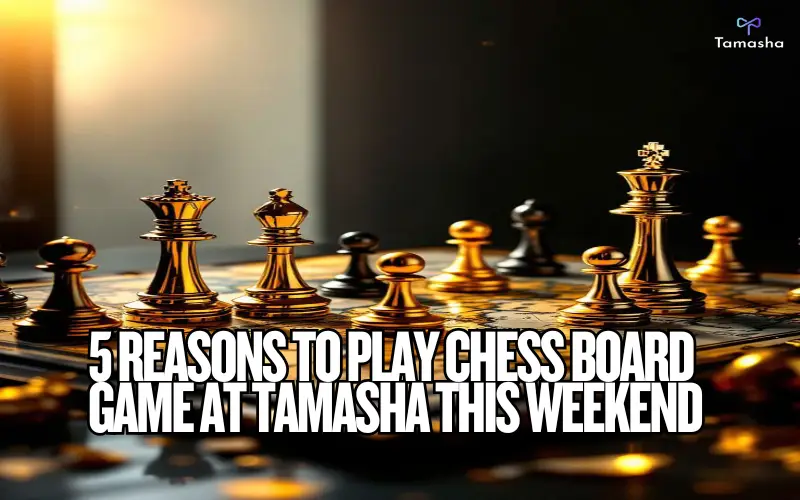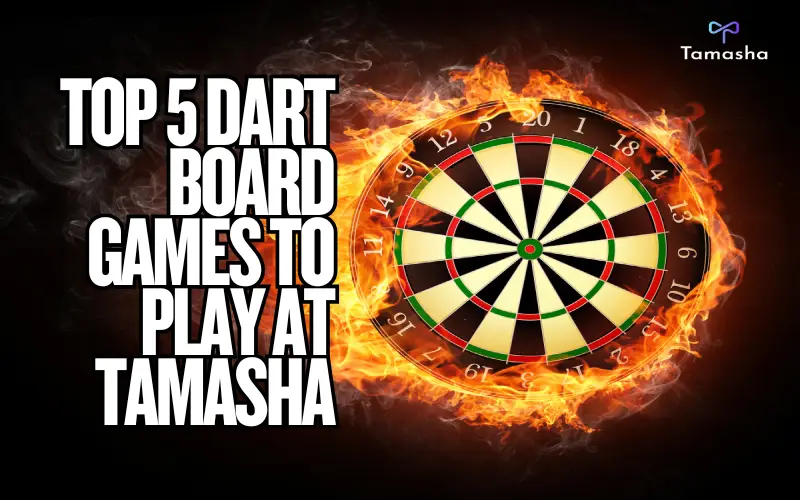The Clue board game, also known as Cluedo in some regions, is a classic mystery-solving game that has captivated players for decades. It’s a game where players must solve the murder mystery by determining three key factors tamashain game: who committed the crime, where the crime took place, and what weapon was used. The thrill of the Clue board game lies in its combination of strategy, deduction, and luck, making it a fun and engaging experience for players of all ages.
In this guide, we’ll explore how to master the Clue board game, provide essential tips for improving your gameplay, and help you outwit your opponents by using clever strategies. Whether you’re a beginner or a seasoned player, this article will help you sharpen your skills and enhance your enjoyment of the game.
The Basics of Clue Board Game
The Clue board game is set in a grand mansion where one of the six characters has committed a murder. The suspects are well-known to players: Professor Plum, Miss Scarlett, Colonel Mustard, Mrs. White, Mr. Green, and Mrs. Peacock. The crime has occurred in one of the mansion’s rooms, and the weapon could be a candlestick, dagger, revolver, lead pipe, rope, or wrench.
Each player takes on the role of a suspect and moves around the mansion represented by the game board. Along the way, players collect clues to deduce which character committed the crime, where it happened, and what weapon was used. The objective is to be the first player to correctly guess all three elements and make an accusation.
How to Play the Clue Board Game
- Setting Up the Game: The game begins by shuffling three different sets of cards (suspects, rooms, and weapons). One card from each set is placed inside an envelope without being revealed. These cards represent the solution to the mystery: the culprit, the crime scene, and the weapon. The rest of the cards are distributed among the players.
- Moving Around the Mansion: Each player rolls dice to move their token (which represents one of the suspects) around the board. The goal is to enter different rooms and make suggestions about the murder, such as, “I believe Miss Scarlett committed the crime in the library with the revolver.”
- Collecting Clues: When a player makes a suggestion, the player to their left must reveal one card (if they have it) that disproves part of the suggestion. If the player suggests Miss Scarlett, the revolver, and the library, and the next player has the Miss Scarlett card, they will secretly show that card, eliminating Miss Scarlett as a possible culprit.
- Making an Accusation: Once you think you have enough information to solve the mystery, you can make an official accusation. If your guess matches the cards in the envelope, you win the game. However, if you’re wrong, you’re out of the game (though you must still show cards to others if asked).
Strategies to Master the Clue Board Game
While Clue is partly a game of chance, there are several strategies you can employ to increase your odds of success and outwit your opponents.
1. Deductive Reasoning Is Key
The core of Clue is deduction. Track which cards are revealed to you and try to figure out which cards your opponents are holding by process of elimination. A good way to stay organized is to use a notepad (which often comes with the game) to keep track of the information you gather.
2. Make Strategic Suggestions
When making suggestions, try to focus on rooms that are far from your opponents. This prevents them from reaching the rooms they need to make their own suggestions. It’s also smart to suggest suspects and weapons that you already hold in your hand. This strategy allows you to collect information from your opponents without giving away any clues yourself.
3. Bluff Your Opponents
One clever tactic in the Clue board game is to bluff your opponents by making suggestions that include cards you already have teen patti box. This might throw off their own deduction, as they may believe you don’t possess those cards. The goal here is to mislead your opponents while gathering more information for yourself.
4. Pay Attention to Opponents’ Movements
Your opponents’ movements on the board can provide hints about their suspicions. If they’re repeatedly heading towards a particular room or making similar suggestions, they might be narrowing down their guesses. Keep an eye on their behavior, and try to deduce what information they have.
5. Spread Your Suggestions
When you start the game, make suggestions involving as many different rooms, weapons, and suspects as possible. This approach helps you gather a wide range of clues early on and gives you a clearer idea of which cards other players hold.
Variations of the Clue Board Game
The original Clue board game has inspired several variations and spin-offs over the years. Some of these include themed versions such as Clue: Harry Potter Edition, Clue: Sherlock Holmes Edition, and even electronic versions that incorporate modern technology. These variations offer new twists to the classic gameplay, with different characters, weapons, and locations that can make each game unique.
Why Clue Remains a Timeless Classic
The Clue board game remains a favorite among board game enthusiasts because it combines mystery, strategy, and social interaction in a fun and engaging way. Unlike some games that rely purely on luck, Clue challenges players to use their deductive reasoning skills and think critically. Each game is different, ensuring that it never gets repetitive, and the blend of competition and collaboration makes it perfect for gatherings with family or friends.
Additionally, Clue fosters creativity as players get into the role of detectives, piecing together the puzzle with each new piece of evidence. The suspense of closing in on the solution, coupled with the satisfaction of making a correct accusation, makes the Clue board game an unforgettable experience.
Conclusion
The Clue board game is more than just a game of chance—it’s a battle of wits. By mastering the art of deduction, using strategic suggestions, and keeping a close eye on your opponents, you can outsmart them and solve the mystery before anyone else. Whether you’re new to the game or have been playing for years, there’s always room to improve your skills and deepen your understanding of the game. With the right strategies, you’ll be well on your way to becoming a master of the Clue board game and consistently outwitting your opponents.

